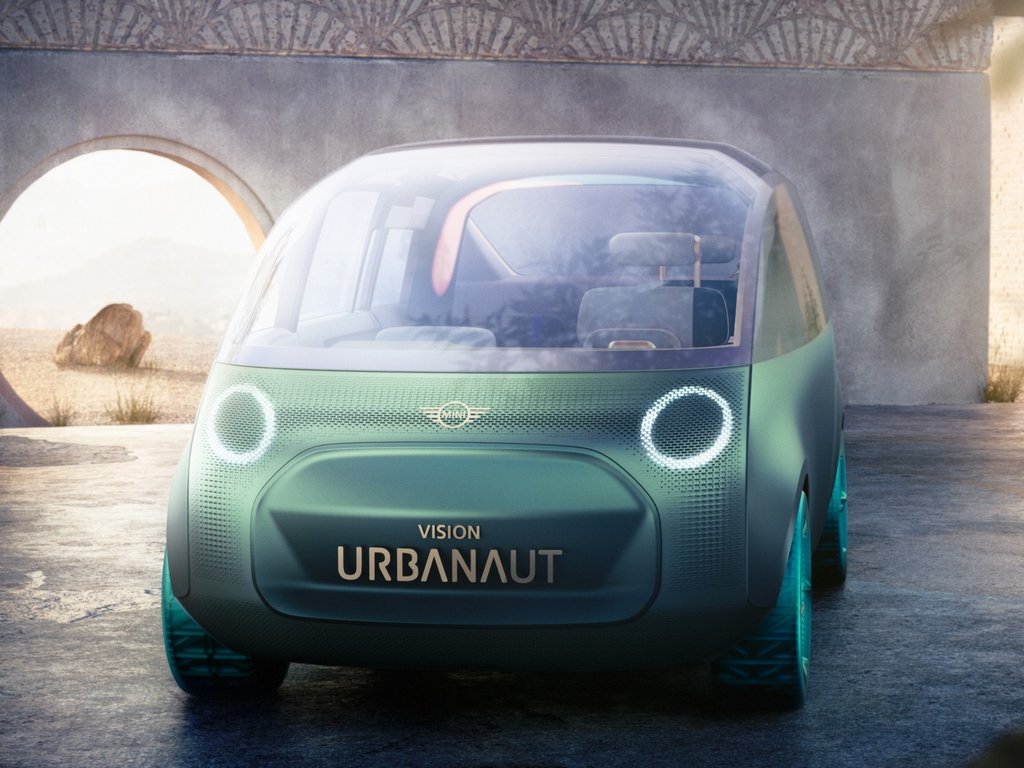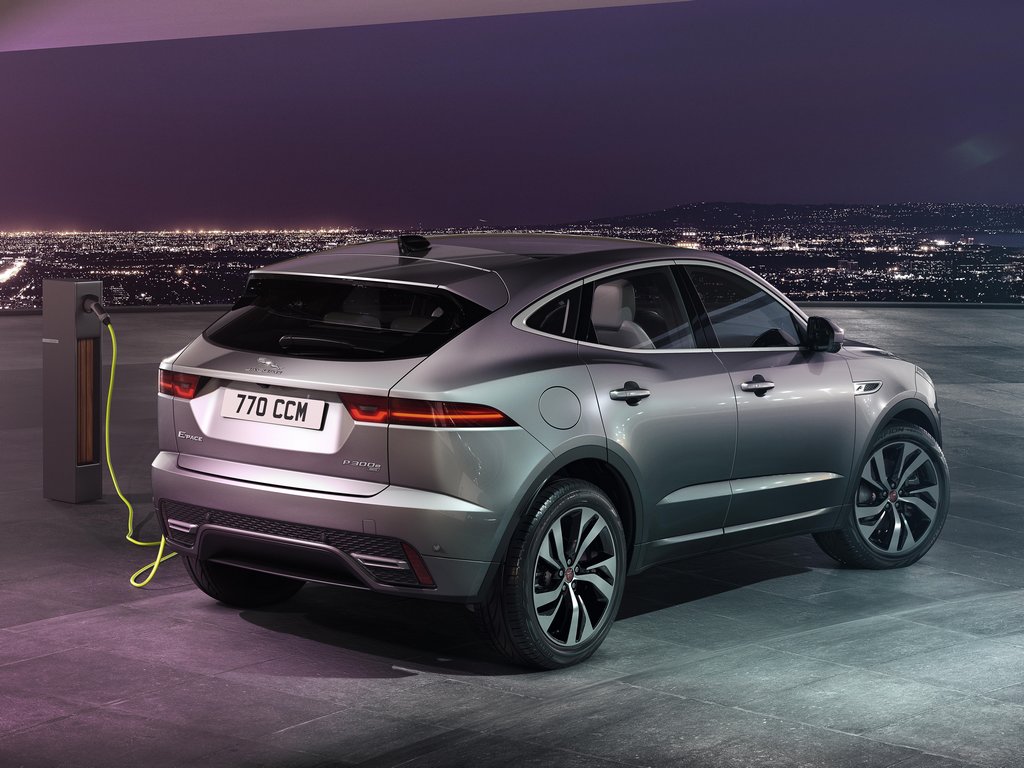2030 UK Petrol, Diesel Car Ban Called Into Question By New Report
It calls for a broader approach to achieve net zero carbon emissions by 2050.
It calls for a broader approach to achieve net zero carbon emissions by 2050.
Home » General News » 2030 UK Petrol, Diesel Car Ban Called Into Question By New Report

The UK government’s decision to ban new petrol and diesel passenger car sales from 2030 has been called into question by a new report commissioned by a number of car firms.
Proposing different methods to ensure transport becomes carbon-neutral, the document calls for a broader approach to achieve net zero carbon emissions by 2050.
Commissioned by manufacturers such as Aston Martin, Honda, McLaren and even firms like Bosch, the report – “Decarbonising Road Transport: There is no silver bullet 2020” – contains recommendations like decarbonising the legacy fleet and promoting greater transparency on the part of OEMs with regard to their CO2 output.
Noting that UK’s legacy fleet will need to be addressed in order to achieve the government’s net zero carbon emissions target by 2050, the report also stresses that a one-size-fits-all approach is unlikely to work.
It acknowledges that tailpipe emissions are part of the problem but also suggests that the government should not overlook the fact that the process of manufacturing electric cars produces 63 percent more CO2 emissions than a petrol or diesel equivalent.
For example, Polestar has revealed that its Polestar 2 EV would have to be driven for 77,250 km before its carbon footprint dropped below that of a Volvo XC40.
One other thing that needs to be looked into, according to the report is decarbonising automotive fuel and synthetic fuels and hydrogen feature as potential solutions.
Instead of focusing on a single solution to the problem, the UK government should, says the report, follow a technology-neutral approach, allowing the industry to take the lead and innovate.

Source – Autocar.co.uk
